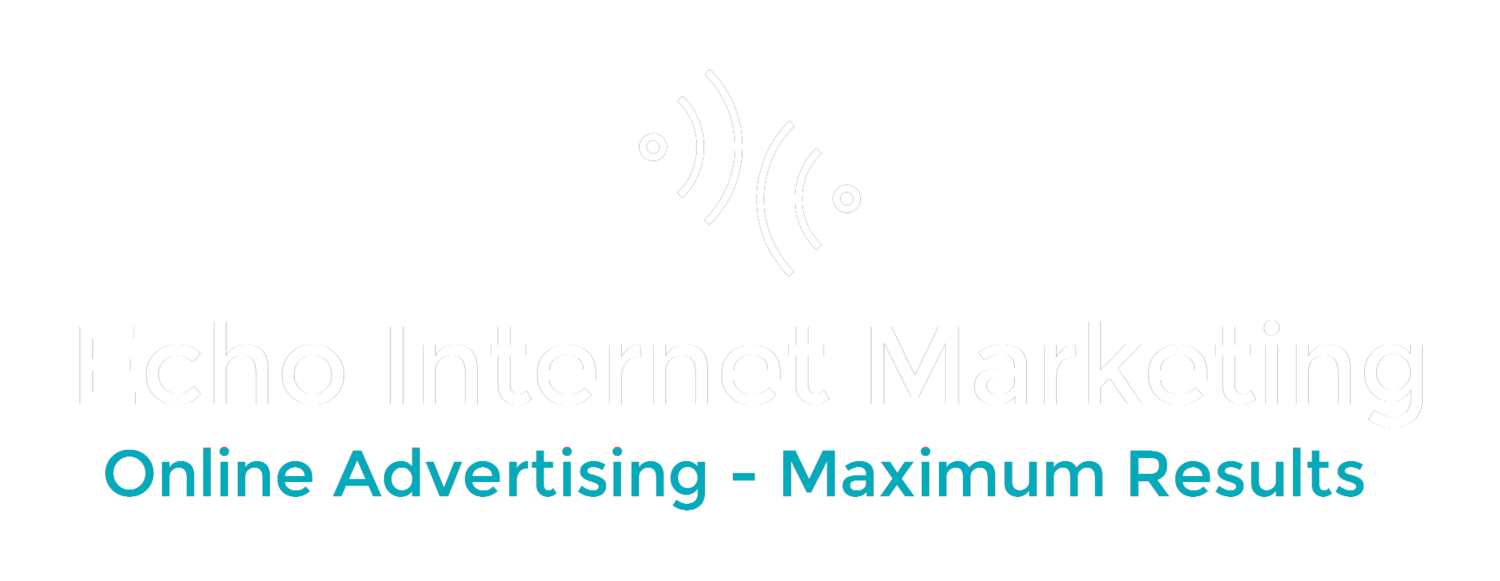Part 1 in a 3 Part Series
When it comes to advertising on Google Adwords, everyone wants to pay less for each click, yet still rank high enough that you get great traffic to your site so that visitors can buy things, use your service etc.
By now most advertisers know that just bidding the most for a keyword is not the way to reach number one and definitely not the way to stay profitable. Google uses a quality based bidding system, specifically Quality Score and Click Through Rate.
Have you ever been puzzled at just how Google calculates Click Through Rate (CTR), Quality Score (QS) and how it affects where your ad shows? This is the first in the three part series. There's alot of good information here that will save you alot of headaches. In this post, we'll give a basic idea of how CTR is calculated here. A bit on how to use this information will come in a future post.
Click Through Rate. How Much Do People Like your Ad?
Google Adwords uses click through rate as one of the factors to establish quality score. Quality score in turn accounts for how much you'll spend on each click and where your ad will show vs. your competitors ads, whether #1, 3, 4, etc. How do you calculate Click through rate (CTR)? It is the amount of times your ad was clicked on divided by the total amount of times your ad was shown (impressions) to searchers.
CTR calcuation: clicks divided by impressions.
For example:
1000 clicks divided by 10000 impressions = 0.10 or 10 % CTR
500 clicks divided by 10000 impressions = 0.50 or 5 % CTR
100 clicks divided by 10000 impressions = 0.01 or 1 % CTR
As you can see all three ads showed up 10000 times (or 10000 impressions). The more clicks, the higher the CTR, which is what you want. Why? CTR is one of the main factors in having great Quality Score. And because Google Adwords rewards those who have the best CTR with better quality score it is best to focus on getting that CTR up and not just upping your bids.
Check out Google's simple video below to see this visually:
Click Through rate is a piece of the pie in Adwords but an important metric for success. How does it relate to Quality Score? And how can you use quality score to lower your cost per click, raise your ranking in the Adwords results and get people to your site profitably? Next month we'll have a on the often mysterious topic of Quality Score:
Understanding Adwords Part 2: Google Adwords Quality Score. Decoding it (Somewhat)
Subscribe to our blog to make sure you get it. Its got awesome info that will lower your CPC and increase your ROI!


